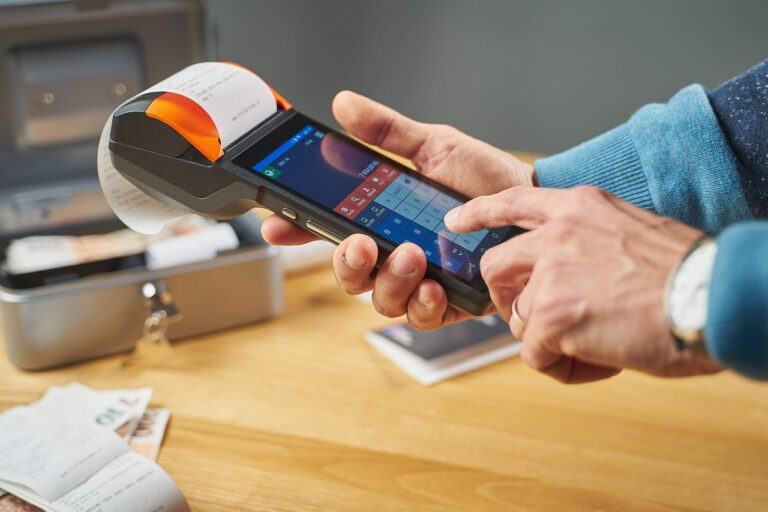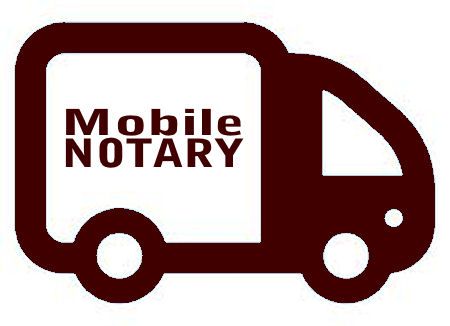What Forms of Payment Do Mobile Notaries Accept?
When you need a notarization outside a traditional office setting, a Mobile Notary can come to you—whether at home, office, or on the go—and ensure your documents are legally verified. One of the most common questions clients ask is, “How do I pay for this convenience?” Understanding the range of accepted payment options helps you prepare in advance, avoid delays, and ensure a smooth notarization experience.
Common Payment Methods for Mobile Notary Services
Cash remains a universal and immediate method of payment for many mobile notaries, offering simplicity and no processing fees. When a notary visits you in a hospital, they often expect cash for quick transactions—especially important during urgent situations like a Hospital Notary Service for signing medical directives or power of attorney forms. Having exact change is courteous and expedites the process, since notaries may not carry large amounts of change for security reasons.
Credit and debit cards have become increasingly popular for mobile notarizations, thanks to portable card readers and secure payment apps. Whether you’re finalizing loan documents or signing real estate papers, being able to swipe or tap your card adds convenience. Many notaries, including those offering a specialized Jail Notary Service, invest in mobile point-of-sale solutions to accept Visa, Mastercard, and other major cards—though they may tack on a small convenience fee to cover processing costs.
Electronic Payment Options: Cards and Mobile Wallets
Beyond traditional card swipes, digital wallets such as Apple Pay, Google Wallet, and Samsung Pay are gaining traction with mobile notaries who want to offer contactless payment. For instances when a signer needs immediate notarization—such as during an Emergency Notary Services call in the middle of the night—being set up for mobile wallet payments can be a lifesaver. These methods are not only fast, but also encrypted, providing an added layer of security for both the client and the notary.
Cash Payments: Advantages and Considerations
Paying with cash is straightforward: you hand over the agreed-upon fee and receive any change immediately. This method avoids electronic processing fees and potential connectivity issues. However, cash payments carry some drawbacks: they require you and the notary to manage exact amounts, and carrying large sums can pose security concerns. Always ask your notary ahead of time if they have a minimum cash payment requirement or can provide change.
Checks and Money Orders: Professional Transactions
For business clients or higher-value transactions, certified checks, personal checks, and money orders remain viable options. Some mobile notaries, particularly those servicing travelers at an Airport Notary Services kiosk, accept company checks or money orders when notarizing corporate documents or international waivers. Keep in mind that notaries may impose a clearing period before finalizing the notarization, to ensure funds have been successfully deposited.
Factors Influencing Accepted Payment Methods
Several factors determine which payment forms a mobile notary can accept:
-
State Regulations and Notary Policies
Each state sets guidelines on fees and permissible transactions for notaries. While most states allow notaries to accept electronic forms of payment, some may restrict or cap convenience fees. Always verify your state’s notary handbook and ask your notary if they comply with all local statutes. -
Convenience and Accessibility for Clients
Mobile notaries aim to provide flexible service, so they often support the payment methods most convenient to their client base. Urban notaries serving business districts may emphasize card and digital wallet acceptance, whereas rural notaries might rely more heavily on cash and checks. -
Security and Transaction Limits
Handling large cash sums or unverified checks can pose risks for notaries. Many professionals set limits on the maximum amount they will accept via personal check or cash, or they may require certified funds for transactions above a certain threshold.
In summary, mobile notaries accommodate a variety of payment methods to suit different scenarios—whether it’s cash at the bedside, a swipe of your credit card in a jail visitation room, or a tap of your mobile wallet on the tarmac. By confirming accepted payment forms in advance, you can ensure your next notarization appointment proceeds without hiccups or delays.







